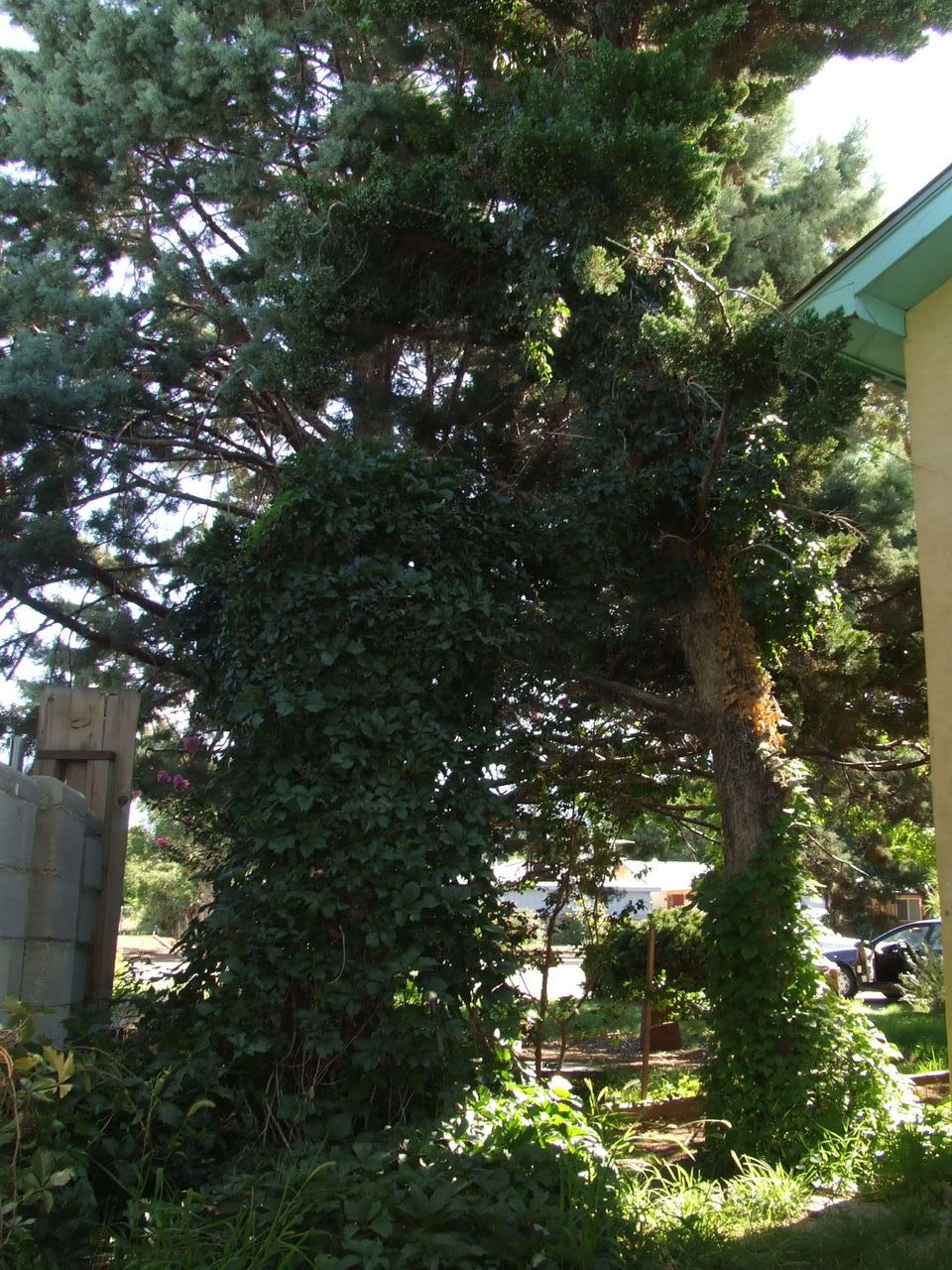Not being served, or being nurtured, but being of service and being nurturing to others.
photo by Chrissy Florence






| Lots of people, when they first hear of homeschooling or unschooling say (almost before they take a breath) "I couldn't be with my child all the time." School (and even daycare) can break the bond between parent and child.There are, and have been in the past, various culturally approved bonds-breaking practices, so one thing we're doing with unschooling is purposefully nurturing bonds, and these relationships. Lots of parents discover that *if* they can relax into that relationship building, that they can't believe they weren't with their children 24/7 before, and they make up for lost time, and it gets easier and easier. |  |


"The empty plate club," referring to kids who successfully clean their plates, sounds so sad.On questions of whether a cup is half full or half empty, consider a plate. If a child has a feeling of abundance he will stop eating when he's had enough and be healthier and happier than if anyone presses him to take one more bite.
"Full plate" sounds much more nurturing.
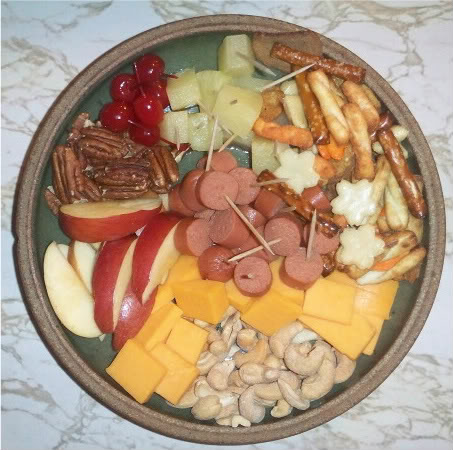
"The empty plate club," referring to kids who successfully clean their plates, sounds so sad.
"Full plate" sounds much more nurturing.




The one thing I've been thinking about this week is that unschooling is a profoundly optimistic decision and that it involves a huge commitment to living a very optimistic life. I'm going to talk more about what I mean by that and what happens when children grow up that way—kind of amazing.

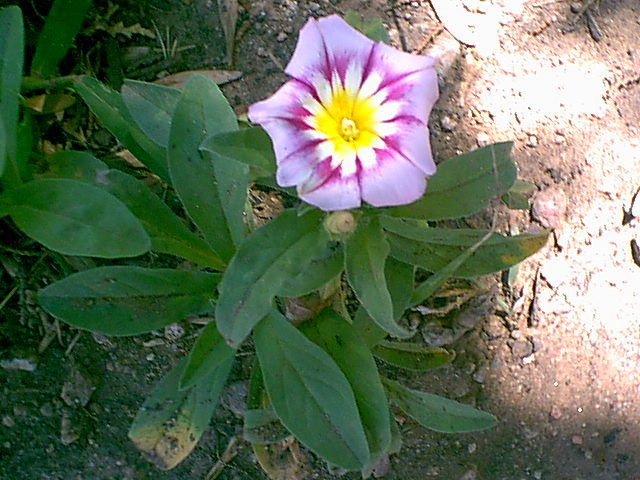
When your child does sweet and tender things for you, don't brush her aside. Pay attention to nurturing gestures. Acknowledge them. Let your child be your hero sometimes, too.
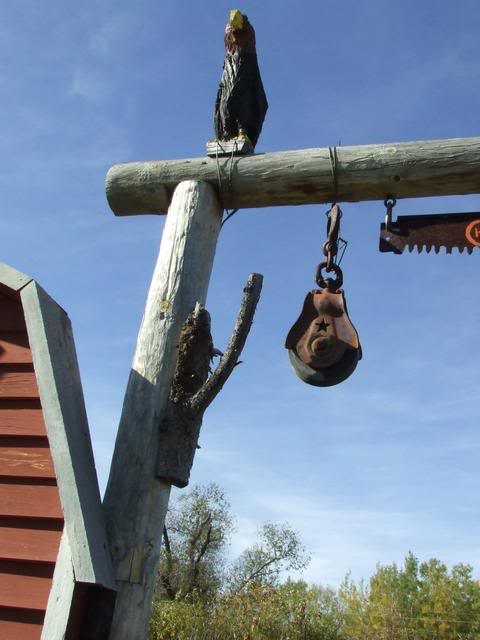
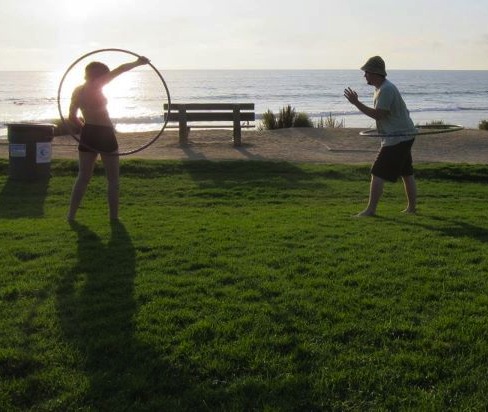



I even garden differently than I used to. I certainly didn't expect that. I have let trees grow their own way without frustration on my part, and appealed to my husband not to prune so much. I have found things for vines to grow on that aren't fancy or store-bought. The vines are going to cover it up anyway. I've let native plants go ahead and grow, if they don't have stickers. Some of them are really pretty, and they want to grow there. If I destroy them and put in some foreign plants, will the neighbors be impressed?
